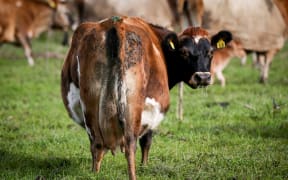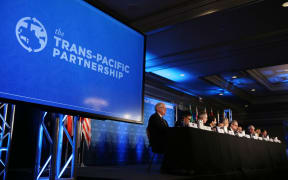The Trans-Pacific Partnership deal offers a mixed a bag for New Zealand agriculture - it is being welcomed by all, but not everyone is happy with the final outcomes.
The TPP is the largest regional trade agreement in history, covering almost 40 percent of the global economy. The 12-nation deal was finalised in the early hours of Tuesday morning in Atlanta.
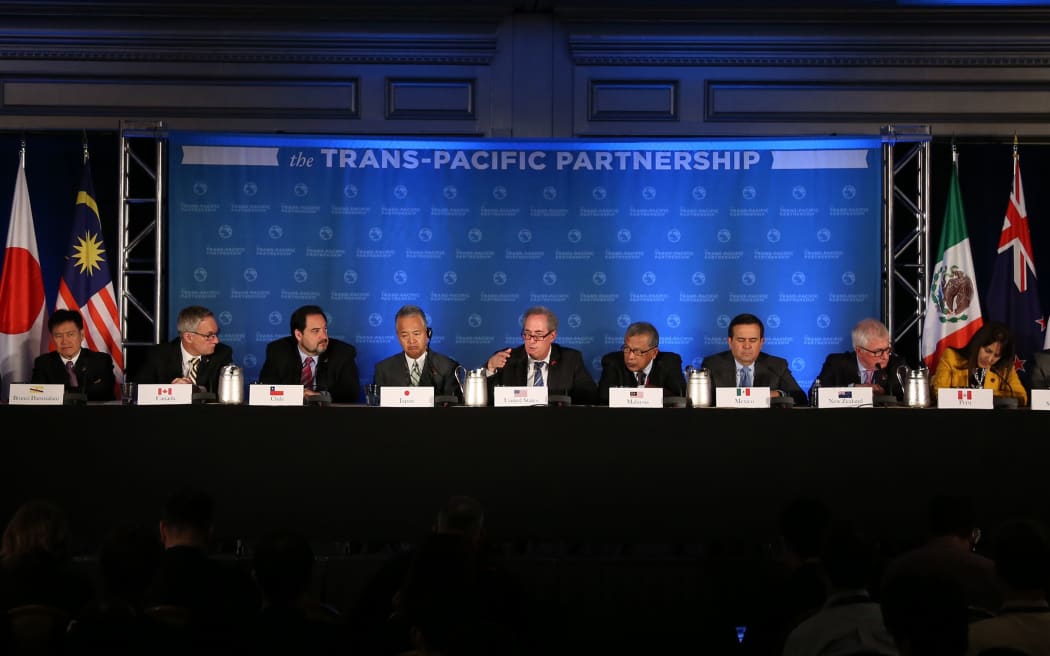
Delegates at the joint Trans-Pacific Partnership press conference Photo: AFP
For the red meat sector, tariffs on beef exports to Japan will reduce from 38.5 percent to nine percent over 15 years.
The tariffs to other countries, including the United States, will be eliminated for beef and sheepmeat.
Meat Industry Association chief executive Tim Ritchie said, based on current trade flows, the TPP was expected to save the sheep and beef sector $72 million in tariffs - and overall, the deal was great news.
"We're going to have an FTA with three of the most protected agricultural economies and that's the US, Japan and Canada. We export around 90 percent of our production to 120 countries around the world and therefore it's very important that we have good, high quality agreements in place with those countries. While with the US the tariff that we face is relatively small - I think it's about 4.4 cents per kilogram - nevertheless that's sort of another $9 million or $10 million that we will get immediately.
"Probably the most important thing is restoring relativity with Australia and Japan. Australia's free trade agreement came in early January this year and that gave them an immediate eight percent advantage in terms of tariffs over New Zealand and we've seen the consequences of that this year, in that New Zealand's market share in Japan has slipped by about 40 percent."
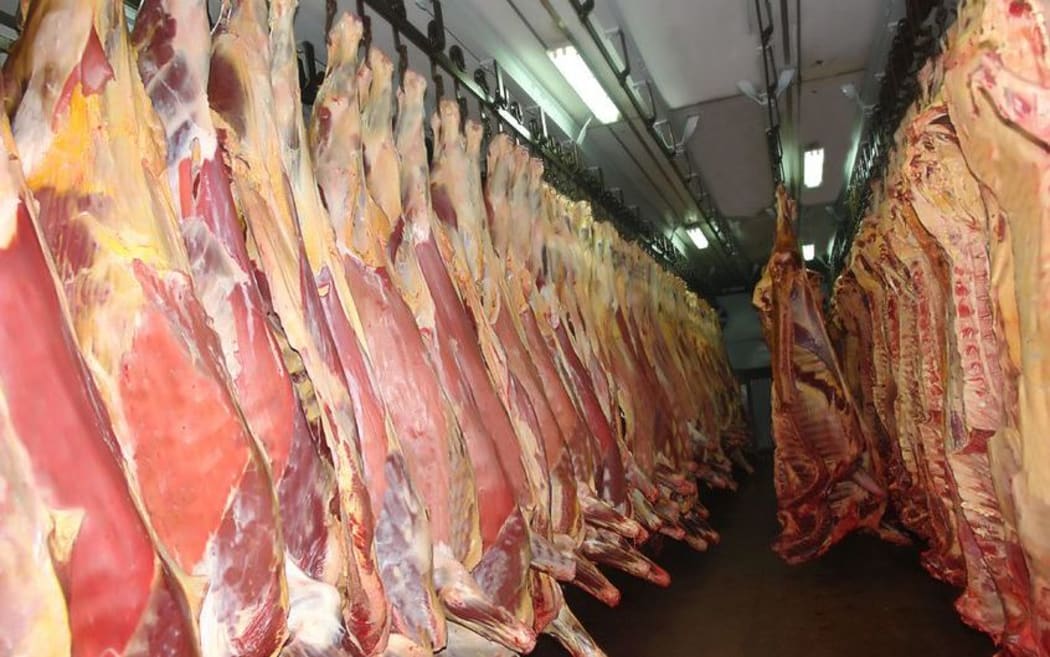
No TPP beef from the meat industry Photo: 123RF
But there has been an outcry from the dairy industry.
Fonterra and the Dairy Companies Association of New Zealand say the deal isn't good enough for the sector, but they say it puts the country in a better position than before.
New Zealand exports $4.6 billion worth of dairy products to the 12 countries involved in the TPP and the government is estimating the savings will be around $102 million for dairy.
Tariffs won't be eliminated on a number of dairy exports into the United States, Japan, Mexico and Canada. However, there will be access to these markets through newly created quotas, as well as tariff elimination on a number of products.
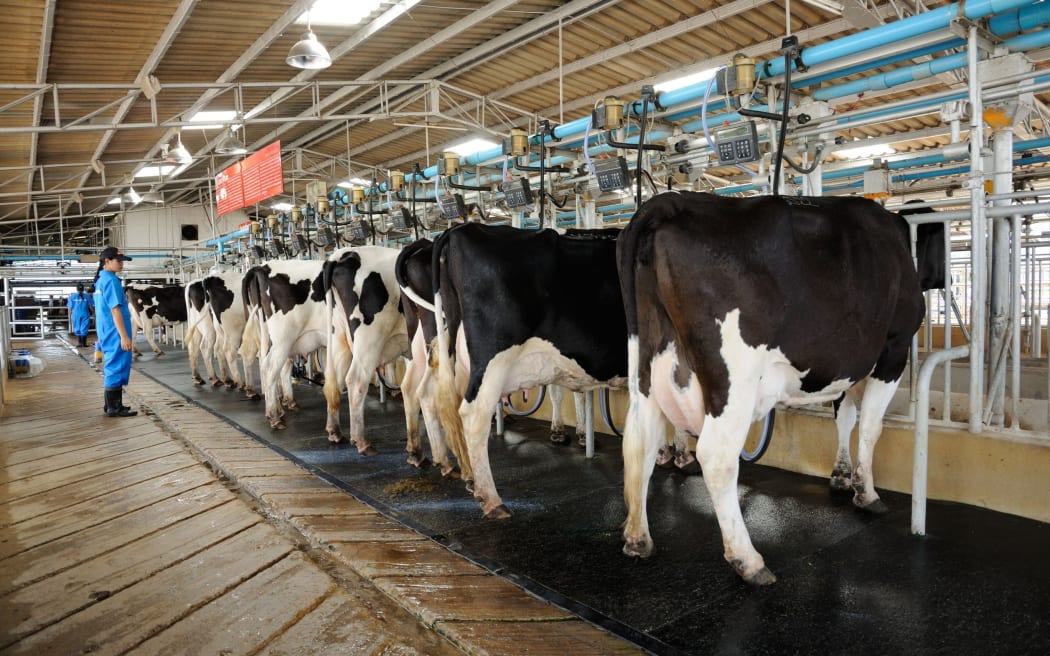
Photo: 123rf.com
Dairy Companies Association chairman Malcom Bailey said he can't go into details, but the new quotas into those markets aren't enough.
Mr Bailey said it was good news for New Zealand, but the dairy deal has fallen short.
"My real concern though, going forward, is that while the potential for further market opening can be talked about, the reality is that the opportunity to have leverage across gains in other sectors to try to help crack open the dairy markets won't exist, so talk of revisiting dairy in light of this poor outcome compared to what we'd hoped for, I think we've got to be very careful not to kid ourselves that that's going to happen."
The TPP is expected to come into force within two years, once countries have passed it into law.
